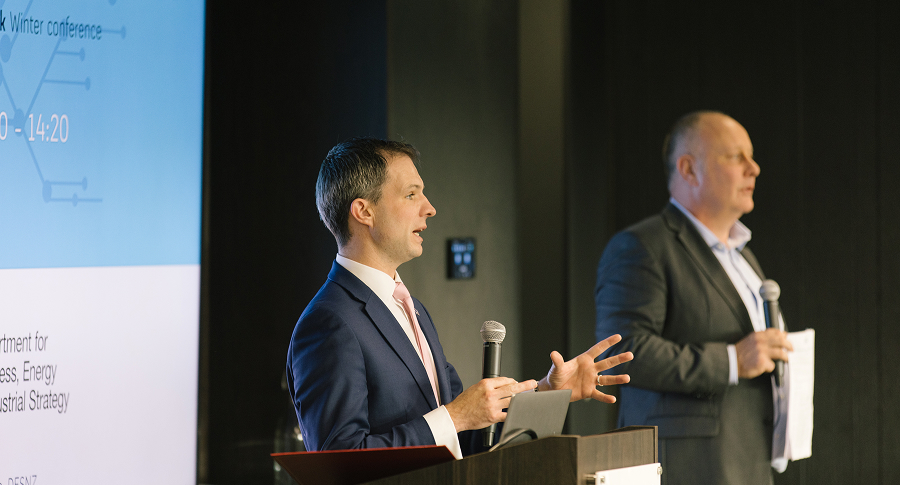There exists a paradox in the retrofit market. On the one hand demand is too low to drive business development. On the other, customers struggle to find competent installers. How is it that we find people on both sides eager to invest, but unable to progress? The market appears to be caught in an unhelpful feedback loop.
Meanwhile, transformational growth is needed now. By 2028, we’ll need to install six times as many heat pumps as we did last year to meet our decarbonisation targets.
Clearly solutions are needed that help build supply and demand in tandem. We’ve seen negative consequences arise from short-term influx of demand to which the supply chain struggles to respond, and vice versa.
Given all this, in the short term, does activating supply chain growth need a helping hand at the local level?
Regen unpacked this question for the MCS Foundation and UK Green Building Council, to inform the inception of the new Local Area Retrofit Accelerator (LARA) programme. The research found that, rather than blaming either lacklustre supply or demand, at a high level two things are holding back the market in these early stages. Firstly, trust – which has been eroded at all levels. Secondly, fragmentation – the growing pains of moving past piecemeal offerings towards different service providers working together to deliver a complete package of support for customers.
Some exciting industry-led solutions to these challenges are emerging. In our research, we explore the different supply chain integration methods and discuss their trade-offs regarding delivery (efficiency, reliability and accountability) and customer trust and experience.
However, this is unlikely to fully address issues around trust and fragmentation in the near term. Proactive support is needed.














